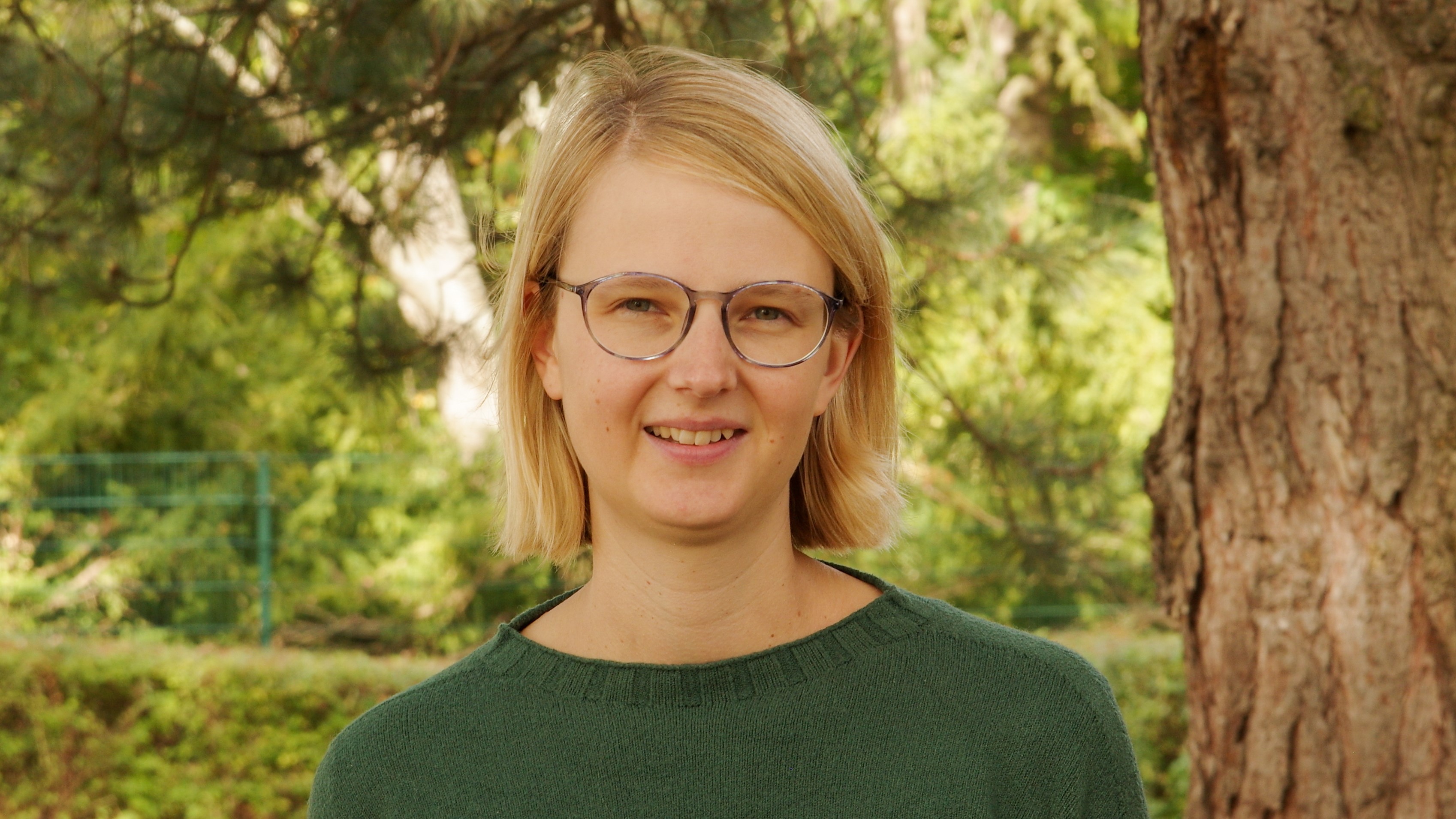Think Outside the Black Box
© February 2024. Tanja Wagensohn UR. All rights reserved.
In the fast-evolving landscape of machine learning, Merle Behr, Chair of Machine Learning at the new Faculty of Informatics and Data Science at the University of Regensburg (UR), emphasizes the importance of collaboration. As a researcher, she focuses on statistical machine learning – a subject matter that draws attention to the use of statistical techniques to enable computers to learn from data and make predictions or decisions without being explicitly programmed. Among her various projects is one within UR’s Collaborative Research Center/Transregio TRR 374, titled "Tubule System and Interstitium of the Kidney: (Patho-) Physiology and Crosstalk." In this particular area of her portfolio, she illuminates the synergy between statistical machine learning and disease research.
Complexities and Synergies
Focusing on developing new diagnostic and therapeutic strategies for kidney disease, TRR 374 is breaking new ground. For the 33-year-old Merle Behr, delving into kidney research is uncharted territory, but that's precisely what makes it exciting. "Such collaborations create unexpected synergies," she notes. As vast amounts of data are generated through large-scale genomic studies, Behr's expertise in machine learning becomes pivotal. "Machine learning algorithms are well-suited for handling and extracting meaningful insights from big genetic datasets," the professor states. The goal is to develop models that can generalize patterns from observed data, advancing our understanding of genetic diseases and facilitating personalized medicine.
Behr's enthusiasm for scientific synergies extends to her fascination with complex algorithms. A particular focus of hers is tree-based algorithms, e.g., the Random Forest algorithm, one of the most successful and widely used machine learning algorithms. It consists of an ensemble with many deep decision trees, that is often considered a "black box" and presents challenges in terms of interpretability. Behr, being a mathematician at heart, seeks to formulate mathematical descriptions that can unravel the intricate relationships and patterns that these algorithms learn and exploit.
Balancing Career and Family
Before joining UR, Behr spent two years in the research department of a pharmaceutical industrial company, relishing the fast-paced environment. However, the atmosphere of academia, the opportunity to engage with young minds eager to learn, drew her back: “Campus is a unique environment that I find invigorating.” Behr appreciates having that atmosphere again.
Furthermore, she enjoys living in Regensburg. The open-minded scientist appreciates the quality of life in Bavaria, goes hiking and cycling. She is also an enthusiastic camper. Like mother like daughter: her soon-to-be one-year-old daughter has already been on her first camping trips. ’Tis early practice…
As the Women’s representative of UR’s Faculty of Informatics and Data Science, Behr champions women's involvement in scientific research and strives to improve career opportunities in STEM fields. "It is challenging to combine an academic career with starting a family," Behr says. Particularly for women, existential fears were rather often the reason for deciding against pursuing an academic career, believes the researcher, citing the hurdles posed by temporary contracts at universities.
Bridging Research and Transfer
Behr, who spent two years as a postdoc and Visiting Assistant Professor at the University of California at Berkeley, expresses concern about the strict separation of science and industry in Germany, basically condensed in wordings such as "we lost him/her to industry." Drawing from her experience in the dynamic atmosphere of the San Francisco Bay Area, she advocates for a more seamless transition between academia and industry: “Engage with industry during your academic journey, gain practical experience, and consider how your research can have real-world applications,” Behr advises her doctoral students and postdocs.
She envisions a future where researchers, inspired by her own career path, stay in Europe for the long term after gaining international and industry experience: “It's a journey that might present challenges, but the potential for impact and innovation is immense.”
More ...
